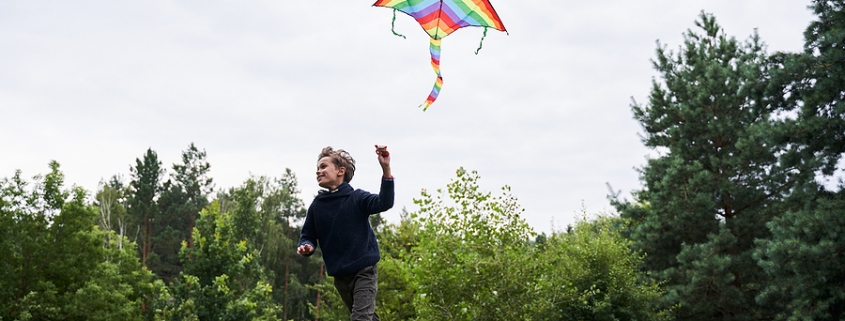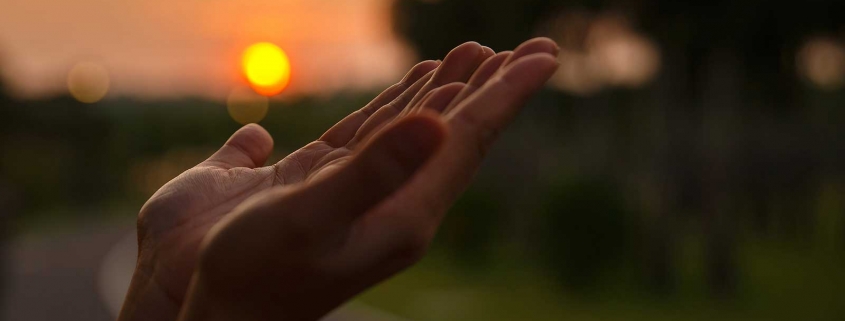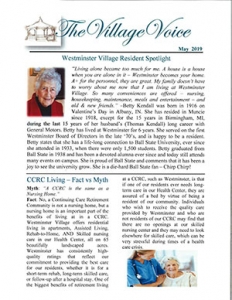Chaplain’s Corner: LXIII
“The Bridge to Heaven”
All of us wonder, what will it be like the moment of death comes and we step into the next world? More than a few people imagine a kind of pop quiz. If you know the right answers-if you’re “in” on the secret password-they have to let you into Heaven. If not, eternity’s going to be tough sledding.
If crossing the Bridge to Heaven comes down to a pass/fail exam, you had better be studying right now to learn the right answers. That’s the approach countless churches take. If you know the right doctrines, hang around the right people, and embrace the right political perspectives, you can avoid the abyss. How did things ever come to this? Where did we ever get the idea that something as crucial as Real Life comes down to “knowing the right answers?”
Certainly not from Jesus.
Somewhere along the line, American teachers and preachers took the spotlight off Jesus’ preoccupation with marginalized people-those who were religiously excluded, morally disgraced and materially impoverished. Real Life comes down to Love: loving God and loving others. Anyone who decides this summer to read through the Bible’s four biographies of Jesus-Matthew, Mark, Luke and John-will come away convinced that serving those most in need of our love is at the very heart of His Good News.
Doctrines may be important. But they are not supremely important.
After noting that Jesus’ own version of qualifying for Real Life involves how we treat the sick, the imprisoned, and the poor (Matthew 251-45), one pastor said, “Nobody gets into heaven without a letter of recommendation from the poor.”
There are more than 2,000 verses in the Old and New Testaments that address the subject of poverty. But all too often Christians have chosen to quarrel with each other over “right answers” concerning how much water it takes to be properly baptized and how we should share the Lord’s Supper, even though each of those topics is addressed by just a handful of verses.
What does the Book of Proverbs say to the person who is impoverished and to the person who is well off? Significantly, both receive exactly the same counsel: work hard, fight against injustice, and never surrender your trust in God. Affluent people receive one additional command: Be lavishly generous. Has God blessed you with money? Then use the favored position you are in to build a better world.
“Whoever is generous to the poor lends to the Lord, and he will repay him for his deed”.
(Proverbs 19:17)
Memorizing that last verse may help you pass the pop quiz as some future Bridgekeeper.
But living it out will change your heart and change your life.
Faithfully,
Ron Naylor, Chaplain











